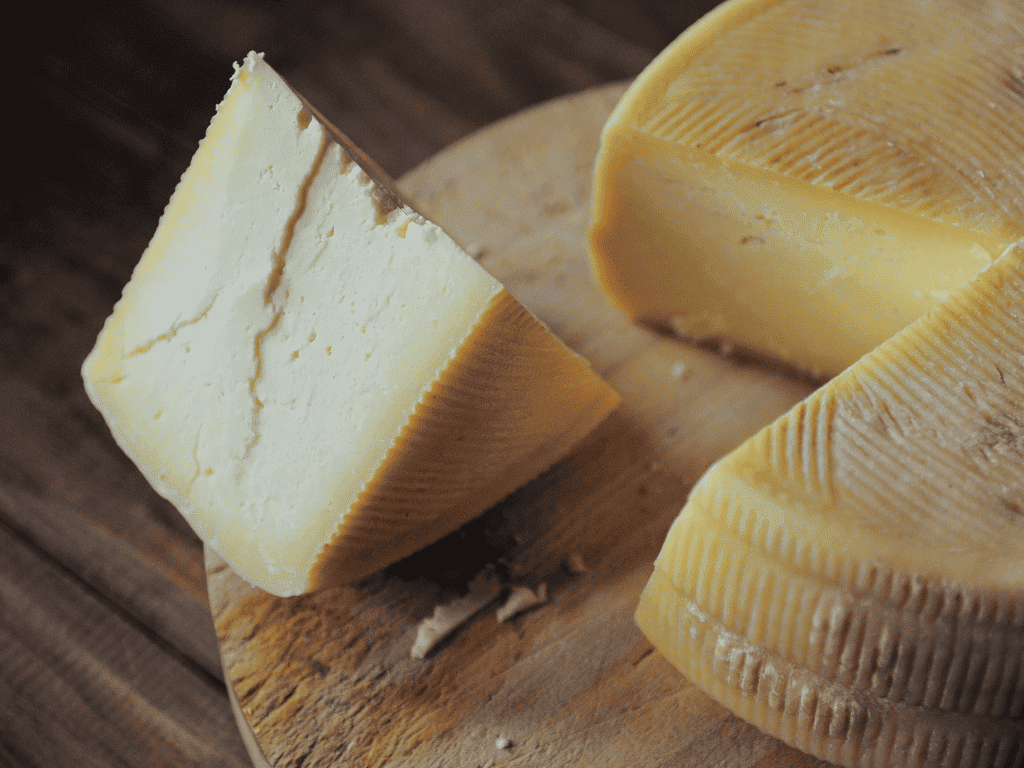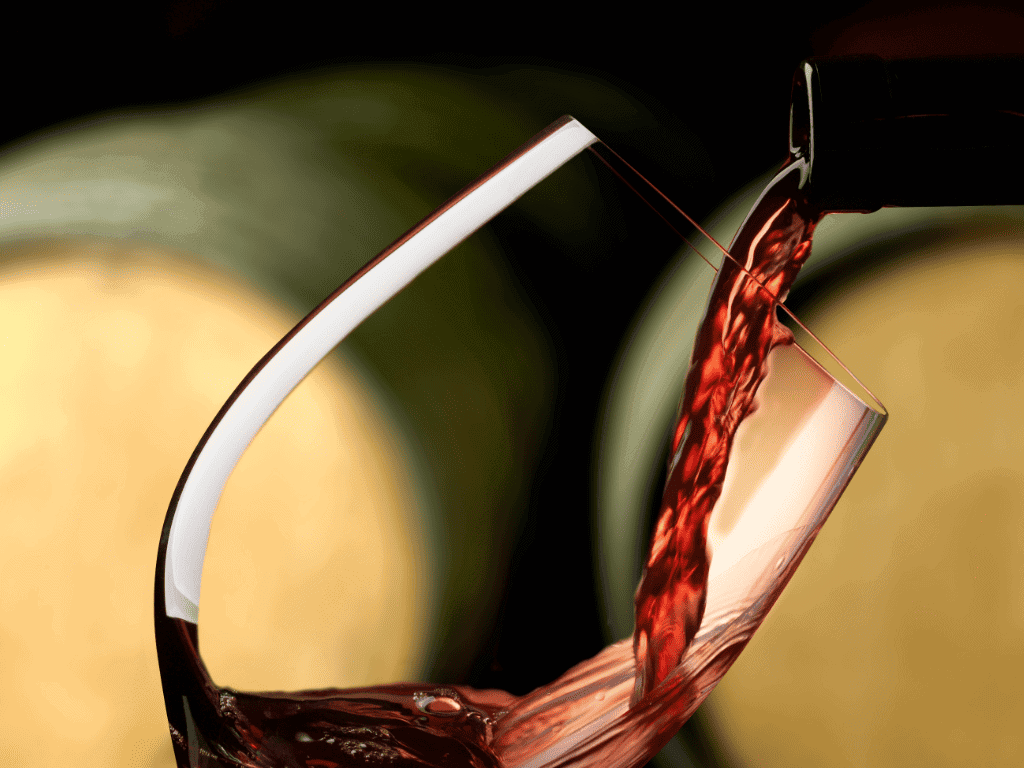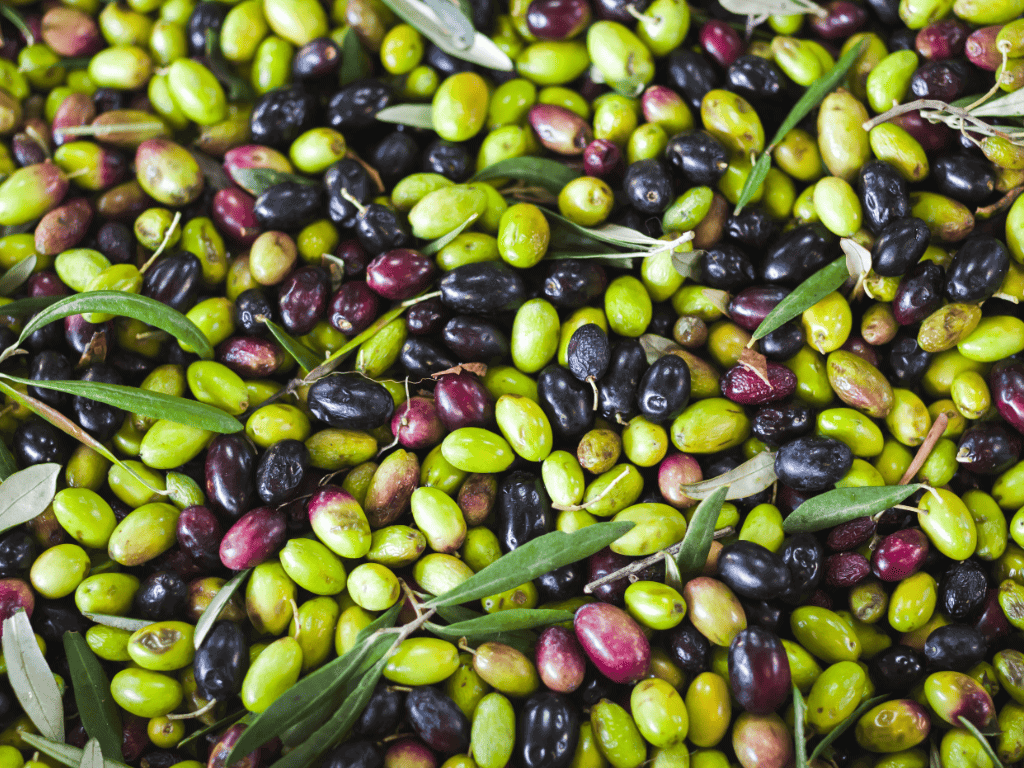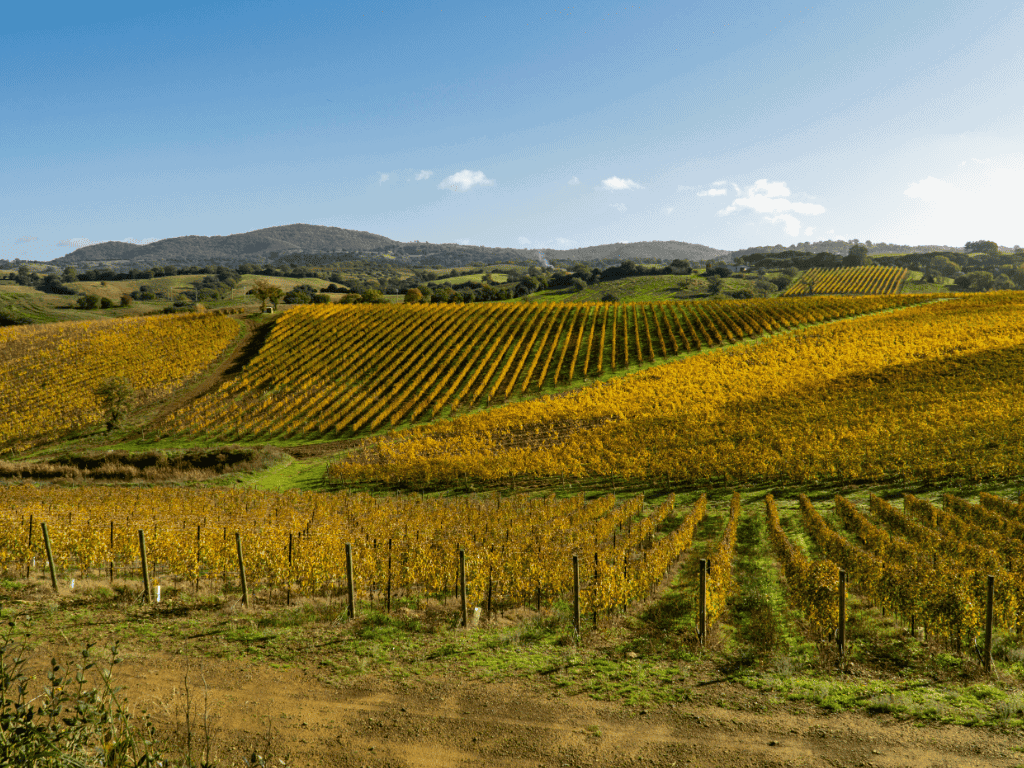THE GASTRONOMY OF THE TUSCAN MAREMMA IS WIDE AND DIVERSIFIED, DUE TO THE TERRITORY MADE UP OF SEASIDE, HILLY AND MOUNTAIN AREAS. MAREMMA CUISINE IS SIMPLE, TASTY AND GENUINE.
Tuscan Maremma, in its Livorno and Grosseto components, offers an extremely interesting, simple, and frugal cuisine that embraces both land and sea products. A gastronomic journey in Maremma is a unique and unrepeatable adventure: it is the home of game and eel, wild boar and red mullet, mushrooms and snails. A gastronomy made of smells, flavours, of that authenticity that brings to the tables of the Maremma people and therefore to those of the numerous restaurants the typical dishes of a land that produces all its own food: fish, hunting, cured meats, cheeses, the wines, the oil.
All products that arise from the authenticity of the good land and the experience of those who know how to transform it fish in fragrant cacciucco and tasty fried foods, the hunting in succulent roasts, the milk in tasty cheeses, flour in soft and fluffy sheets, pork in fragrant hams and salamis, the uvadorata that abounds along the sunny hills, in fresh and strong wine, the green and black olives in precious and healthy extra oil high quality virgin olive oil.
The Typical and Traditional Dishes of the Maremma
The cooked water (a poor soup that the charcoal burners, shepherds, woodcutters and butteri of the Maremma cooked frugally with what they found in the woods), ribollita, mushroom soups, game skewers, pappardelle with hare and wild boar, scottiglia, crostini, Maremma tortelli with chard and ricotta seasoned with game sauces, pici with ragù, wild boar and snails steamed. The lamb buglione, a dish based on pieces of lamb cooked in a very liquid, brothy sauce, with its spicy touch is another pillar of the typical Maremma cuisine. Or the Orbetello bottarga, which is obtained by carefully processing the ovarian sacs extracted from fish such as mullet, salted and dried for 15 days.
The various cured meats: Tuscan salami, buristo, soppressata, capocollo, wild boar sausages, Tuscan raw ham. Without neglecting the other great protagonists, the cheeses – especially pecorino cheese – and fish, which appears along the Tyrrhenian coasts to delight the palate in simple yet tasty preparations, which from cacciucco from the Northern Maremma – Livorno they go to the barbecues on the Grosseto beaches or to sumptuous restaurants fish sauces, finishing with the typical anchovy pie, a poor dish par excellence of the coastal Maremma tradition.
Maremma wines: Sassicaia, Ornellaia, Morellino, Pitigliano, Ansonica, Monteregio, Capalbio, Montecucco, Parrina, Sovana…
MAREMMA CUISINE HAS A STRONG PEASANT MATRIX, WHICH HAS REMAINED PERHAPS MORE ALIVE THAN ELSEWHERE. ITS GENUINITY AND ITS STRONG FLAVORS HAVE A LINK WITH THE ANCIENT HISTORY OF THIS LAND.
Flavors that are perhaps worth a trip or a trip; perhaps they are tastes and smells of childhood, when everything was simpler, less industrialized, more human, more ours. This is still all in Maremma, in the farmhouses, in the houses, in the flavors that spread from the windows of the houses through the streets, in the trattorias hidden in the countryside, in the restaurants of the most famous places.
Oil and Wine: Excellences of the Tuscan Maremma
The soups, crostini and crunchy bruschetta highlight the precious Extra virgin olive oil, which together with wine (Morellino di Scansano highlighted, with its uniqueness, included in the Wine Routes of the Tuscan Maremma: “The Wine and Flavors Road of the Hills of Maremma”) defines the true personality of the Maremma table. Oil and wine have always been the two true strengths of the Tuscan Maremma, called upon to make the gastronomic experience of this territory, unique in Italy, unforgettable.
The Maremma pastry shop
Famous for its gastronomy, Maremma is also famous for its pastries. In the Maremma pastry art we find simple and genuine ingredients, fragrant spices and refined aromas, expertly combined in recipes with an ancient flavour. Even today it is possible to taste the most traditional desserts in many villages, produced in compliance with artisanal preparation recipes.





